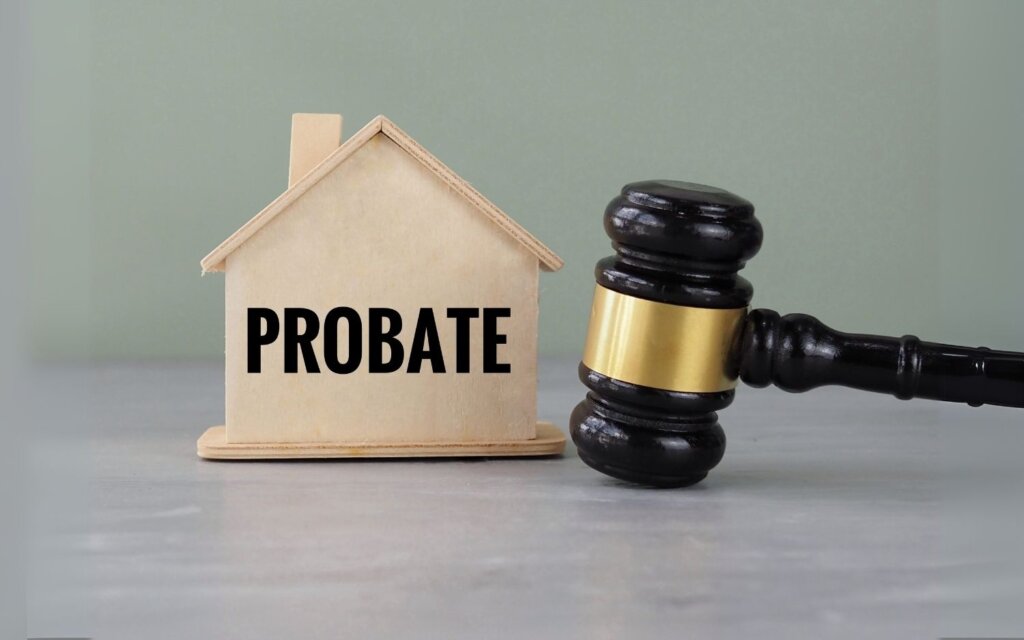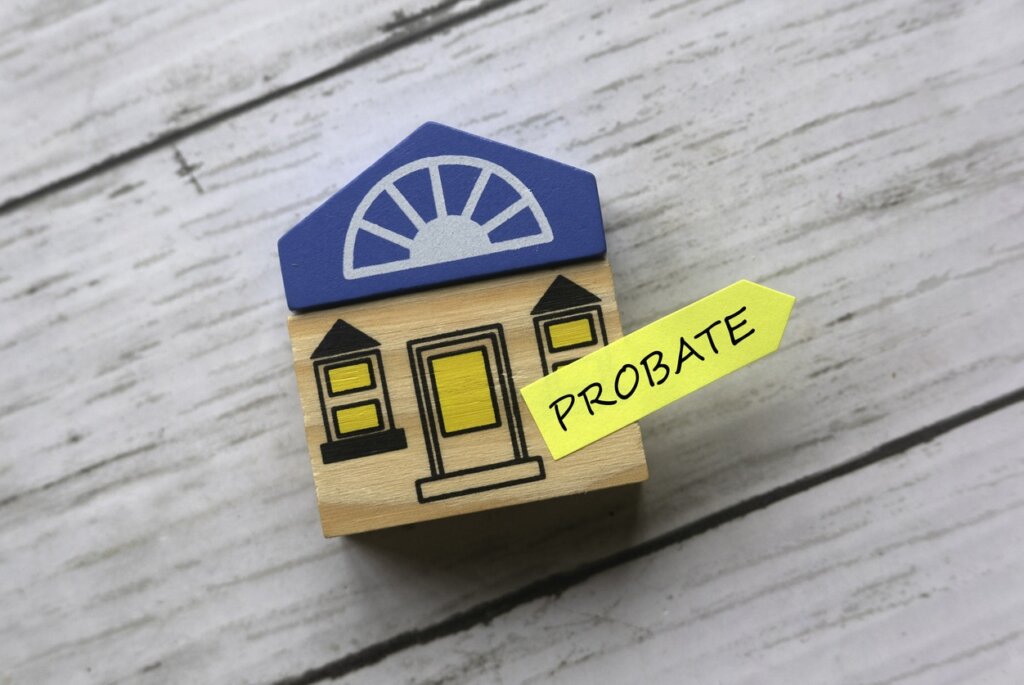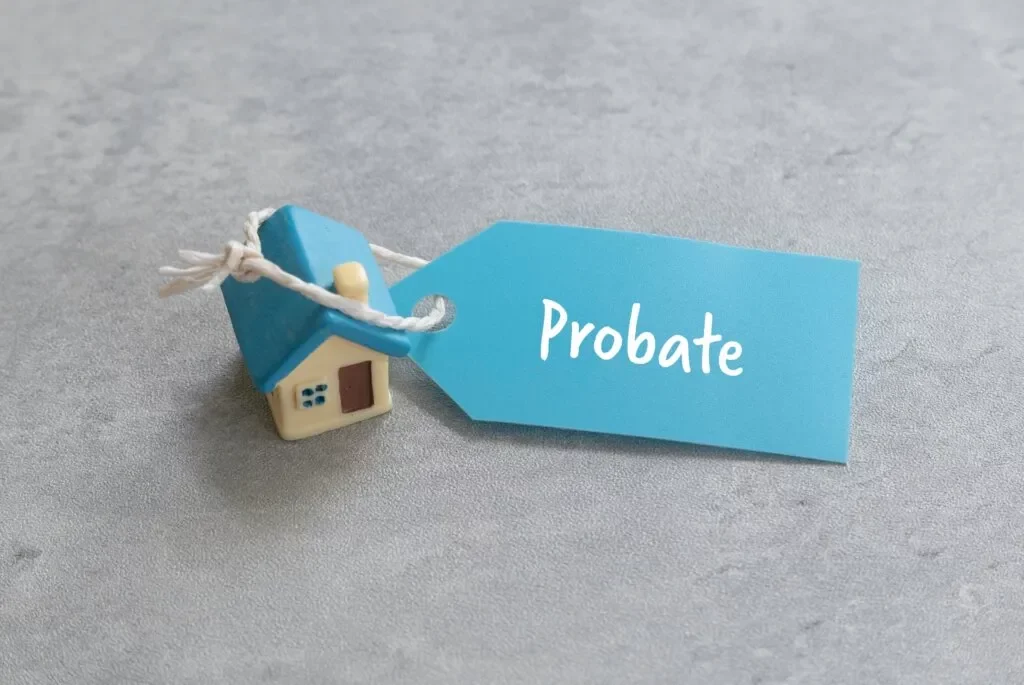Selling a house during probate in Tampa, FL, can be a challenging yet necessary task. Probate is the legal process that helps manage and settle a deceased person’s estate, including the sale of real property. It’s crucial to understand how the probate process works, especially when dealing with a property sale. In this article, we will explore everything you need to know about selling a house during probate in Tampa, FL, including the process, key considerations, challenges, and benefits.
Understanding the probate process and the steps to take when selling a home can save you time, reduce stress, and ensure the process goes smoothly. This article provides comprehensive insight into what you need to know when selling a house during probate in Tampa, helping you navigate the complexities with ease.
Brief Overview of Probate
What is Probate?

Probate is a legal process that occurs after a person’s death. It involves the distribution of their assets, including real estate, according to the terms outlined in their will or, if no will exists, in accordance with Florida’s laws of intestate succession. The process can be lengthy and requires several legal steps, including the appointment of a personal representative (executor) and the validation of the deceased person’s will.
Why Probate Matters When Selling a House
When a deceased person owns real estate, the property cannot simply be transferred to the heirs or beneficiaries without going through probate. The probate process ensures that the ownership is legally transferred and any debts of the deceased person are paid off before the property is distributed. In the case of selling a house, probate ensures that the sale is legitimate and follows the legal requirements, including court approval.
Importance of Understanding the Probate Process in Florida
Understanding Florida’s probate process is critical to selling a house in probate. Florida’s probate laws may differ from other states, and certain procedures must be followed to ensure the sale is legally valid. Sellers must follow the appropriate procedures to avoid delays, potential legal issues, or disputes among heirs.
Understanding the Probate Process in Florida
Definition of Probate
Probate is the legal procedure that validates a deceased person’s will and administers their estate. It includes paying debts, distributing assets to beneficiaries, and transferring titles of property. The probate court oversees this entire process.
Legal Process of Settling a Deceased Person’s Estate
The probate process involves several steps. First, the will is presented to the probate court for validation. Next, the court appoints a personal representative to manage the estate. This representative is responsible for gathering the deceased person’s assets, paying debts, and distributing the remaining assets to the rightful heirs. In cases where there is no will, the court follows state laws to determine the distribution of assets.
Probate in Florida
In Florida, probate is divided into two main types: formal probate and summary administration. The type of probate used will depend on the size of the estate and whether the deceased person left a valid will.
How Probate Works in Florida
To initiate probate in Florida, the personal representative (also called an executor) files a petition with the probate court. Once probate is opened, the personal representative must notify beneficiaries, creditors, and other interested parties. The court supervises the entire process to ensure it is carried out fairly and according to the law.
Timeframes for Probate in Florida
Probate in Florida can take anywhere from several months to over a year to complete, depending on the complexity of the estate. This timeline can be affected by factors such as the size of the estate, the number of beneficiaries, and whether the deceased person’s affairs were properly documented. For more information on Florida probate timelines, visit FindLaw’s Probate Process and Timeline.
Can You Sell a House During Probate in Tampa, FL?

General Guidelines on Selling Property in Probate
Yes, you can sell a house during probate in Tampa, FL, but there are several legal procedures that must be followed. The personal representative of the estate is typically the one responsible for selling the property. However, court approval is required to ensure that the sale aligns with the wishes of the deceased and is fair to the beneficiaries.
Ownership Transfer
During probate, ownership of the property is not automatically transferred to the beneficiaries. The personal representative must manage the sale and ensure that the title is legally transferred to the buyer once the sale is complete.
Court Approval Required for the Sale
One of the key steps in selling a house during probate in Florida is obtaining court approval. The personal representative must petition the court for authorization to sell the property. The court will review the sale price to ensure that it is reasonable and in the best interest of the estate and its beneficiaries.
Different Types of Probate Processes
There are two primary types of probate processes in Florida:
- Formal Probate: This is the more traditional process, often used for larger estates or those that involve complex issues. It involves a court hearing and court approval for the sale of property.
- Summary Administration: A simpler process that may be used for smaller estates where the total value of the estate is less than $75,000, or the decedent has been dead for more than two years. This process does not require a formal court hearing and may allow for a quicker sale of the property.
For more on the types of probate and how they work, refer to Nolo’s Florida Probate Overview.
Steps to Sell a House During Probate in Tampa
Initiating the Probate Process
- Petitioning the Court to Open Probate: The probate process begins with the personal representative filing a petition with the probate court. This petition initiates the legal process of administering the estate.
- Appointing the Personal Representative: The court appoints a personal representative to oversee the administration of the estate. This person may be named in the will or appointed by the court if there is no will.
Obtaining Court Approval to Sell the Property
- Petitioning for Sale Authorization: After being appointed, the personal representative must petition the court to approve the sale of any real property owned by the decedent.
- Factors the Court Considers Before Approval: The court will consider several factors before approving the sale, including the appraised value of the property, whether the sale price is fair, and whether the sale is in the best interest of the estate and beneficiaries.
Valuing the Property
- Getting an Appraisal for the Property: An appraisal is necessary to determine the current market value of the property. This appraisal is often conducted by a licensed real estate appraiser to ensure that the estate receives a fair price for the property.
- Determining the Fair Market Value: The appraised value will help determine the asking price for the property. This is critical in ensuring that the property is sold at a fair price.
Listing the Property for Sale
- Hiring a Realtor vs. Selling Directly: The personal representative can choose to list the property with a real estate agent or sell it directly to a buyer. A realtor experienced in probate sales can help market the property effectively and navigate the legal complexities.
- Marketing Strategies for Probate Properties: Marketing strategies for probate properties should focus on the unique aspects of the sale, such as the property’s condition, the need for court approval, and the probate status. Open houses, online listings, and targeted marketing can attract potential buyers.
Negotiating Offers and Closing the Sale
- Reviewing Offers: Offers to purchase the property must be reviewed by the personal representative and approved by the court. The court may also require that the sale be publicized for a certain period to allow other potential buyers the opportunity to submit bids.
- Closing Timeline and Process in Probate Sales: The closing process can take longer than regular real estate transactions due to the court’s involvement. Once the sale is approved, the buyer can take ownership of the property, and the proceeds will be used to settle the estate’s debts and distribute assets.
Key Considerations When Selling a House During Probate in Tampa
Personal Representative’s Role and Responsibilities
The personal representative has a fiduciary duty to act in the best interests of the estate and its beneficiaries. This includes ensuring that the property is sold for a fair price and that the sale is carried out according to the law.
Estate Debts and Liabilities
Outstanding debts of the deceased must be settled before the property can be sold. If the estate has liabilities, the proceeds from the sale of the house may be used to pay off these debts.
Probate Sale Process Timeline
The timeline for selling a property during probate in Florida can vary depending on the complexity of the estate. The process can take anywhere from several months to over a year to complete, with several court hearings and approval steps.
Costs Involved in Selling a Probate Property
The costs associated with selling a probate property include legal fees, court costs, realtor commissions, property repairs, and appraisal fees. These costs can add up, so it is important to budget accordingly when selling a house during probate.
Common Challenges When Selling a House in Probate
Delays in the Probate Process
Delays in the probate process can occur due to missing documentation, disputes among heirs, or court delays. The personal representative must ensure that all paperwork is filed promptly to minimize delays.
Court Approval Delays
Obtaining court approval for the sale of a property can take time. If the court is slow to approve the sale, it may extend the overall timeline of the sale.
Dealing with Multiple Heirs or Beneficiaries
When there are multiple heirs or beneficiaries, disputes over the sale of the property can arise. It is essential to maintain clear communication and work with an attorney to resolve any disagreements.
Property Condition Issues
If the property is in disrepair, the personal representative must decide whether to make repairs before selling or sell it as-is. This decision may impact the sale price and the buyer’s willingness to purchase the property.
The Benefits of Selling a House During Probate

Avoiding Long-Term Holding Costs
Selling the property during probate helps avoid long-term holding costs, such as property taxes, insurance, and maintenance fees. This can prevent the estate from losing money and ensure that the assets are distributed more quickly.
Simplifying the Estate Distribution
Selling the house can simplify the distribution of assets by converting the property into cash. This allows the personal representative to more easily settle debts and distribute assets to beneficiaries.
Providing Cash to Heirs or Beneficiaries
The proceeds from the sale provide heirs with cash, making it easier to distribute assets and avoid potential disputes over the estate’s assets.
Alternatives to Selling a House During Probate
Selling Before Probate (Non-Probate Transfers)
In certain situations, property can be transferred before probate through non-probate transfers, such as a living trust. This can avoid the need for a probate sale altogether.
Selling After Probate Completion
Selling the property after probate is completed is an option for those who prefer a straightforward transaction. Once the estate is settled, the property can be sold with fewer legal complications.
Selling to a Cash Buyer
Selling to a cash buyer is a popular option for probate sales. Cash buyers can close quickly, which speeds up the probate sale process. Cash offers are often attractive because they eliminate the need for financing and reduce the risk of delays.
Table: Estimated Costs of Selling a House During Probate in Florida
| Cost | Estimated Amount | Notes |
|---|---|---|
| Court Filing Fees | $200 – $400 | Varies based on estate value |
| Legal Fees | $2,000 – $5,000+ | Depends on complexity of the estate |
| Realtor Commission | 5% – 6% of sale price | Standard commission on real estate sales |
| Property Repairs and Maintenance | Variable | Depending on property condition |
| Appraisal Costs | $300 – $500 | Cost of appraisal for probate properties |
Tips for a Smooth Probate Sale in Tampa
- Hire an Experienced Probate Realtor: Ensure that the realtor you hire specializes in probate properties to navigate the process smoothly.
- Ensure Clear Communication Among Heirs: Keep communication open with all beneficiaries to avoid delays.
- Be Prepared for Court Scrutiny: Properly file all paperwork to ensure quick court approval.
- Work with an Estate Attorney: Having legal guidance throughout the process can help you avoid legal pitfalls and ensure compliance with all laws.
FAQs for Selling a House During Probate in Tampa, FL
1. What is probate, and why does it matter when selling a house?
Probate is the legal process that validates a deceased person’s will and administers their estate. When selling a house in probate, you must follow legal requirements, such as obtaining court approval, to ensure the sale is legitimate and fair to all beneficiaries.
2. Can you sell a house during probate in Tampa, FL?
Yes, you can sell a house during probate in Tampa, but it requires court approval. The personal representative must petition the court to authorize the sale and ensure it aligns with the estate’s best interests.
3. How does the probate process work in Florida when selling a house?
In Florida, the probate process involves opening the estate, appointing a personal representative, getting the property appraised, petitioning the court for sale authorization, and closing the sale. This process may take several months depending on the complexity of the estate.
4. How long does it take to sell a house during probate in Tampa, FL?
The probate process in Tampa can take anywhere from several months to over a year, depending on the complexity of the estate, the court’s schedule, and the number of heirs involved.
5. What are the steps to sell a house during probate in Tampa, FL?
The steps include:
- Petitioning the court to open probate.
- Appointing a personal representative.
- Obtaining court approval to sell the property.
- Getting an appraisal of the property.
- Listing and marketing the property for sale.
- Reviewing offers and closing the sale with court approval.
6. What are the costs involved in selling a house during probate in Florida?
Costs include court filing fees ($200 – $400), legal fees ($2,000 – $5,000+), realtor commission (5%-6% of sale price), property repairs (variable), and appraisal fees ($300 – $500).
7. How can a cash buyer help with the probate sale process?
A cash buyer can streamline the probate sale process by offering a quick, no-financing deal. This eliminates the need for bank approvals, reducing the risk of delays and helping close the sale faster.
Wrapping Up the Probate Property Sale Process
Navigating the sale of a house during probate in Tampa, FL, is a multifaceted process that requires a solid understanding of both the legal and practical steps involved. From initiating the probate process to obtaining court approval for the sale, every stage must be handled carefully to ensure compliance with Florida’s probate laws. The role of the personal representative is crucial, and their responsibilities range from managing the estate’s assets to negotiating offers and closing the sale.
Challenges such as delays, disputes among heirs, and property condition issues can complicate the process, but with the right support and resources, these obstacles can be overcome. Ultimately, selling a house during probate can simplify estate distribution, provide liquidity for beneficiaries, and eliminate long-term holding costs. Whether you decide to sell before, during, or after probate, it’s essential to approach the process with clear communication, professional guidance, and thorough preparation. With the proper knowledge, you can make informed decisions and ensure a smooth transaction.

